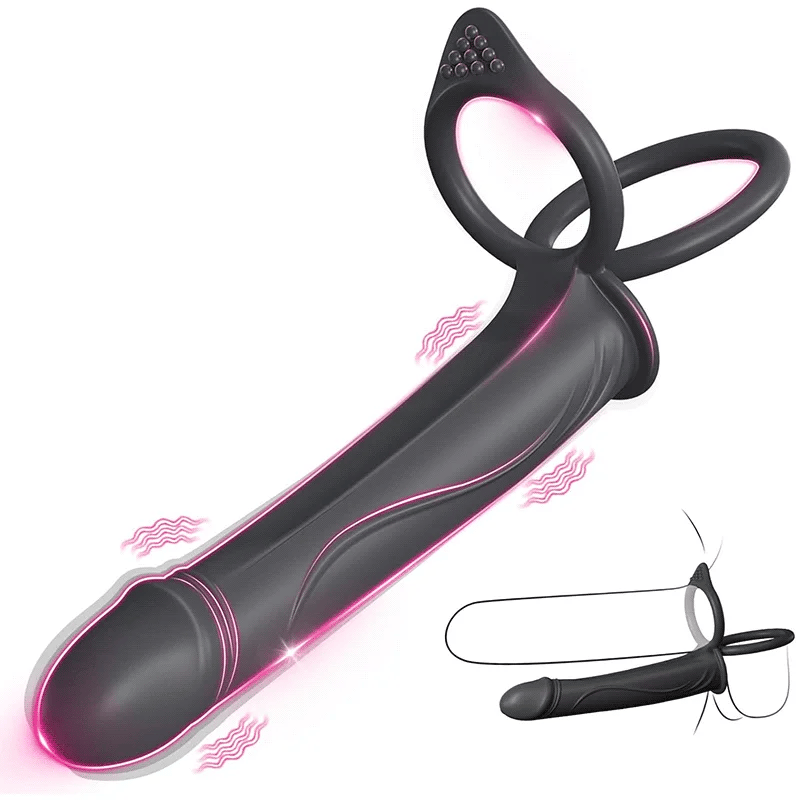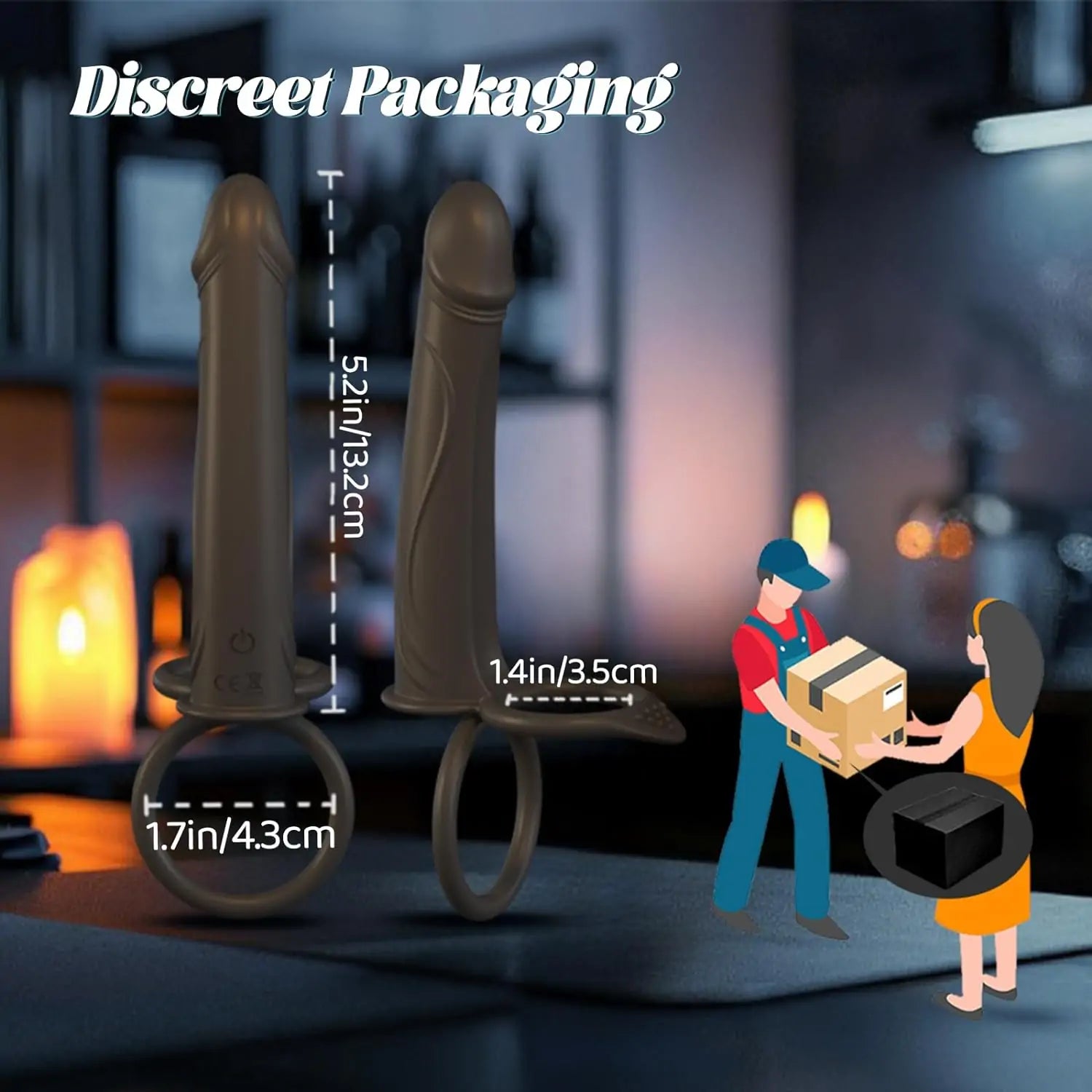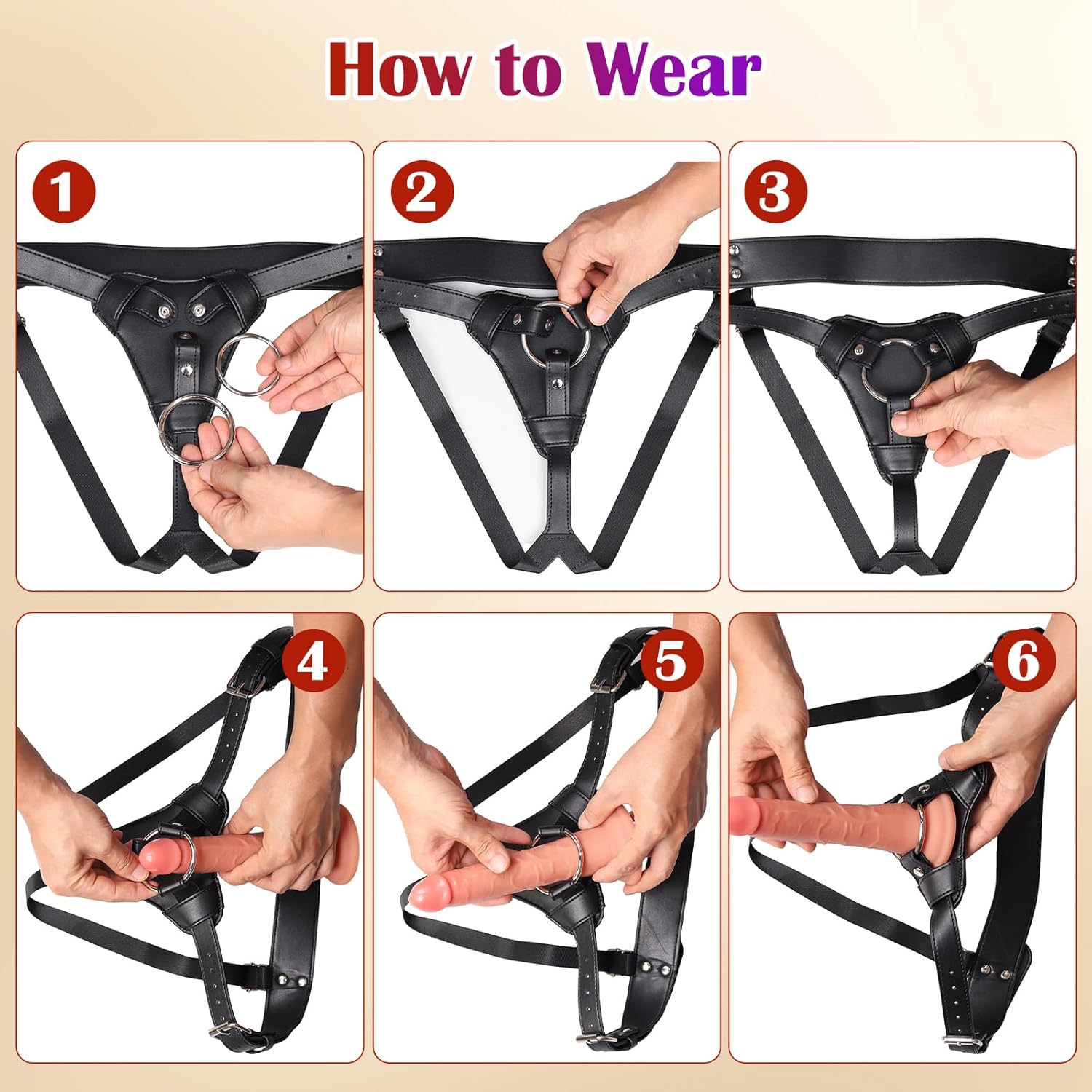
When “Stop” Isn’t Heard: A Story About Consent
We recently received a heartfelt message from a user in our community. She shared a deeply personal and unsettling experience that left her shaken, confused, and unsure of how to move forward. With her kind permission, we're sharing her story — not to sensationalize it, but because her experience touches on something vital: the importance of consent and boundaries, even in loving relationships.
"I'm Shaken After What My Girlfriend Did"
"So me (21F) and my girlfriend (21F) were fooling around, and she started giving me a hickey on my neck. But she used a lot more force than usual and it hurt. I told her it was hurting, several times. I asked her to stop — several times. But she didn't. She had her weight on me and I couldn't move. I started panicking and nearly had to physically push her off me before she stopped. It left a big bruise and made me feel scared. She's never done anything like this before, and I'm wondering… should I confront her?"
The answer is clear: yes — you absolutely should.
But more importantly, you deserve to feel safe in your relationship, and your story highlights why consent is not a checkbox, but an ongoing, living agreement between two people.
The Hidden Weight of "Just Playing Around"
At first glance, it might look like a minor incident. A hickey gone too far, an intense moment, a miscommunication. But let's call it what it is: a partner ignored a clearly expressed boundary multiple times while the other person was physically unable to move or escape. That's not passion. That's not fun. That's a violation.
Consent isn't just about sex — it's about respecting another person's boundaries at all times, especially during moments of physical intimacy. When someone says "stop" and the other person doesn't, it's no longer mutual. It becomes a one-sided decision, and in that moment, it crosses a dangerous line.
"She's Never Done Anything Like This"
"We've been together for 4 months. She's never done anything like this. We haven't been intimate that many times, but I've always felt we communicated well. I guess she is a bit possessive sometimes, but it's never been too much of an issue."
It's not uncommon for incidents like this to occur in relationships that otherwise feel good or healthy. That's part of what makes it so confusing. But even if this was the first time — and even if it wasn't done with malicious intent — that doesn't make it okay.
In fact, the most dangerous breaches of consent often happen not with strangers, but with people we trust. And when it happens, it's important to reflect deeply, not minimize or excuse it because "they've never done it before."
Imagine If the Roles Were Reversed
A powerful way to reframe such moments is to reverse the roles.
If you were the one on top, ignoring her repeated pleas to stop, while she was panicking and unable to move — how would others describe that?
It would be called what it is: coercive, threatening, and violating. Gender or orientation doesn't change that reality.
So What Can You Do?
1. Confront her. Gently but firmly.
Let her know that you told her to stop multiple times and she didn't listen — and how that made you feel unsafe. Use clear language: "You crossed a boundary," or "I didn't feel in control, and that scared me."
2. Watch her response.
A partner who cares will take responsibility and work to rebuild trust. If she downplays it, makes excuses, or blames you — that's a red flag.
3. Reflect on your safety.
This is not just about one bruise or one moment. This is about whether you feel heard, respected, and safe in this relationship. If there are other signs — like possessiveness — take those seriously.
Final Thoughts: You're Not Overreacting
We want to be clear: you are not overreacting. Your feelings — the fear, the hurt, the doubt — are all valid.
Too often, we're taught to second-guess ourselves when something feels "off" in a relationship, especially if it didn't escalate into something more dramatic. But ignoring consent even once should never be brushed aside.
You deserve intimacy that makes you feel connected, empowered, and safe — not fearful or trapped.
To the brave user who shared this story with us: thank you. Your experience is already helping others.
If you or someone you know has experienced similar situations and needs support, please don't hesitate to reach out to local support services or trusted people in your life.
You're not alone — and you deserve to be heard.



















